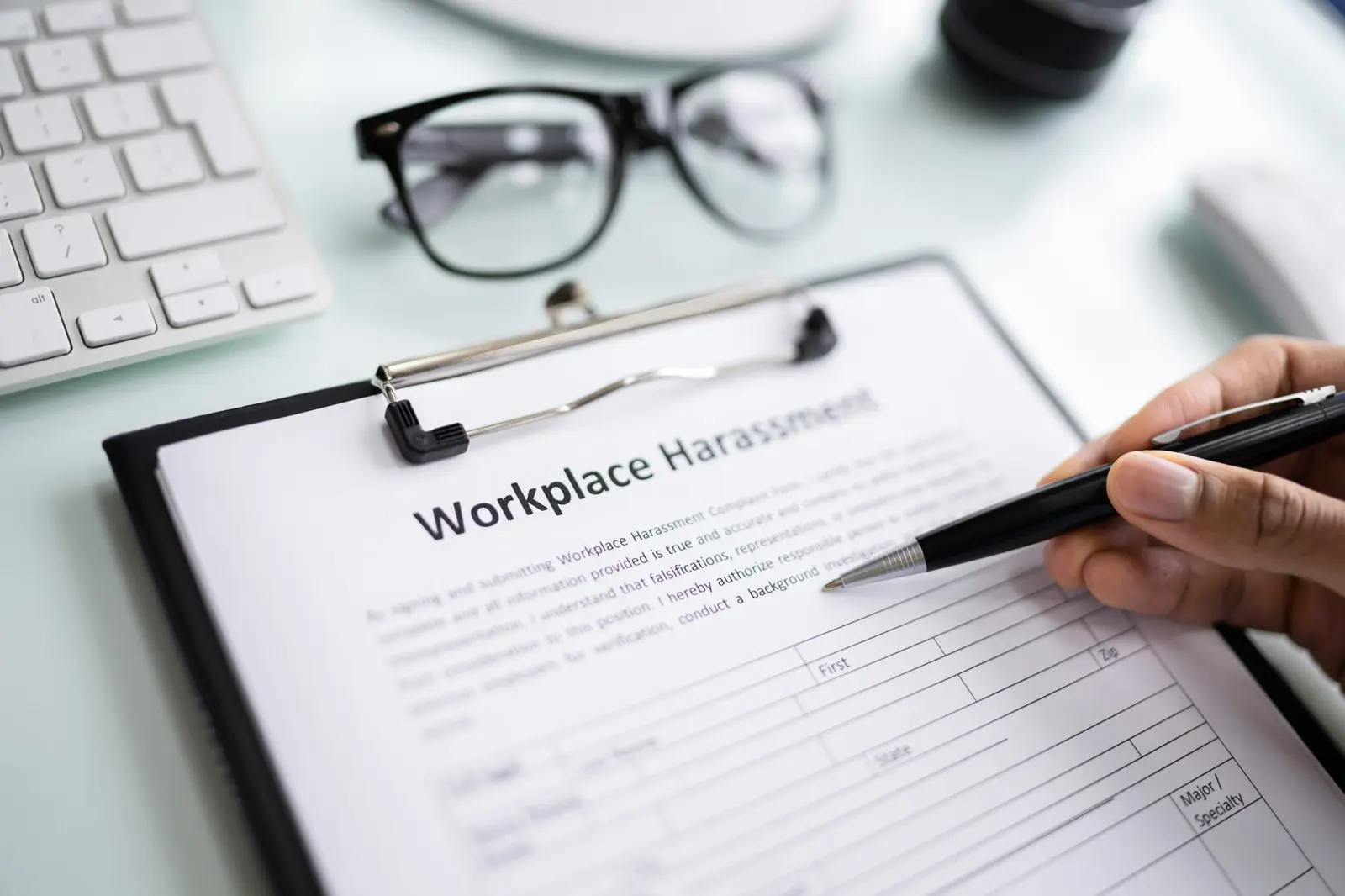
New research: Nearly half of UK businesses unaware of upcoming workplace sexual harassment law
A new study* by Culture Shift has revealed new insights. Nearly half (45%) of UK businesses and HR professionals didn’t know about the new Worker Protection Act. It will be coming into force next month. This act specifically addresses sexual harassment in the workplace.
This is despite 66% of respondents stating that the prevention of sexual harassment is of high importance. It is considered within their company objectives.

The Worker Protection Act is an amendment of the Equality Act 2010.
It creates a duty on employers to take reasonable steps to prevent sexual harassment of their employees in the workplace.
Culture Shift is a company that exists to lead a positive change in organisational culture. They also found that 39% of respondents stated that more importance needs to be placed on harassment. More importance needs to be placed on harassment. This is needed in the workplace. One in three (33%) of those surveyed felt organisations still lack formal policies around harassment. Additionally, only 39% of respondents felt their business was ‘very prepared’ to deal with sexual harassment allegations.
Gemma McCall, CEO at Culture Shift, said: “From our research, it’s clear to see that there is a disconnect. This disconnect exists between perceptions of readiness. There are also actual levels of preparedness. This concerns the introduction of the Worker Protection Act. With nearly half of respondents being aware of the upcoming Worker Protection Act, many are still unaware. This lack of awareness leaves many unprepared for the new legal requirements. It’s essential that organisations quickly get themselves up to speed. They need to start putting the right measures in place.
“Companies that are found guilty of failing to protect employees from workplace sexual harassment carry severe consequences. Beyond the immediate financial burden of compensation payments, potential fines and legal fees, companies can face extra negative commercial impacts. They can also suffer reputational impacts.”
Culture Shift’s research also revealed that one in three (33%) of organisations still lack formal policies around harassment.
EHRC guidance in 2017 outlined that all employers are expected to have an anti-harassment policy in place. This is despite the fact that many organisations still lack such policies. This policy must be communicated to workers and effectively implemented, monitored, and reviewed.
When asked about the barriers to change and needed improvements, 93% of respondents stated that there are barriers to change. These barriers affect how we deal with sexual harassment. Nearly half (49%) cited communication from employees as the biggest barrier. Meanwhile, 38% stated that ingrained behaviours need to be challenged and addressed.
What’s more, 85% claim to recognize the benefits of an effective reporting system. Still, only 59% of respondents have reporting pathways in place. Of those that do have reporting in place, 50% are concerned. They worry about the value of information delivered by their reporting platforms.
Gemma continued: “Organisations that take proactive steps to prevent sexual harassment can not only avoid legal and financial penalties. They can also create safer, more productive work environments that attract and keep top talent.”
“The key to success lies in moving beyond surface-level compliance to create fundamental cultural change. This requires a comprehensive approach that includes clear policies. It also needs effective training. There must be a genuine commitment to accountability at all levels of the organisation. Especially, robust reporting mechanisms are necessary.
“As we approach the October 2024 implementation date, it’s crucial that organisations recognise the urgency of this issue. They must take concrete steps to resolve it. The costs of inaction are simply too high to ignore. By prioritising sexual harassment prevention, organisations can protect their employees. They can create truly respectful workplace cultures and enhance their reputations. Additionally, they can position themselves for long-term success.”

